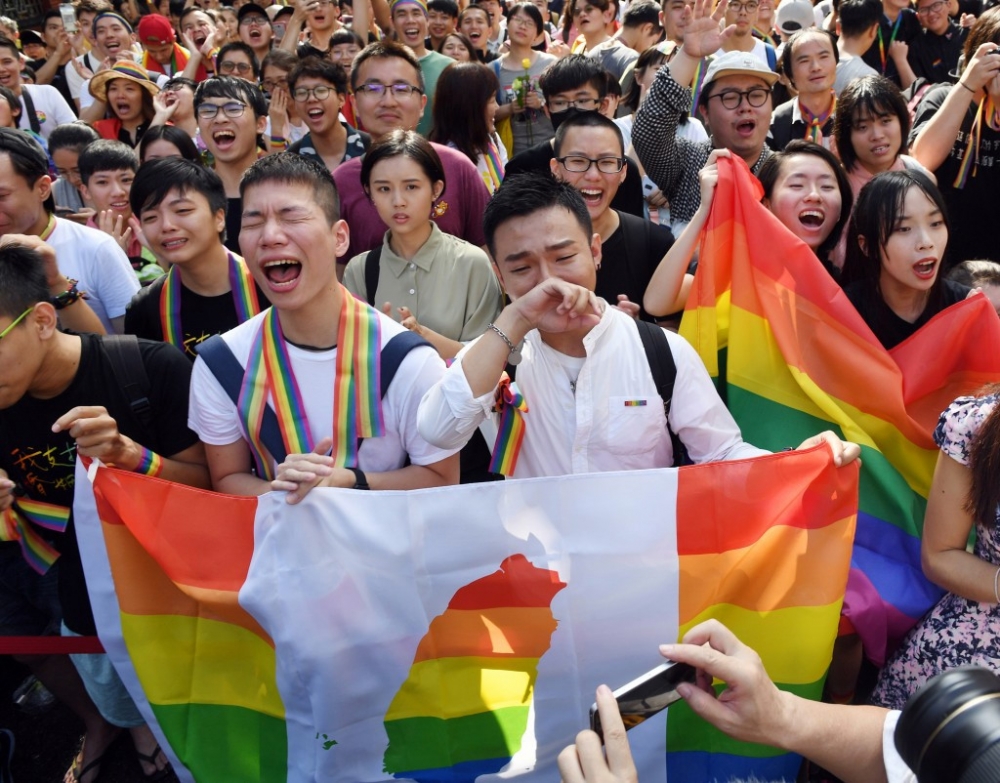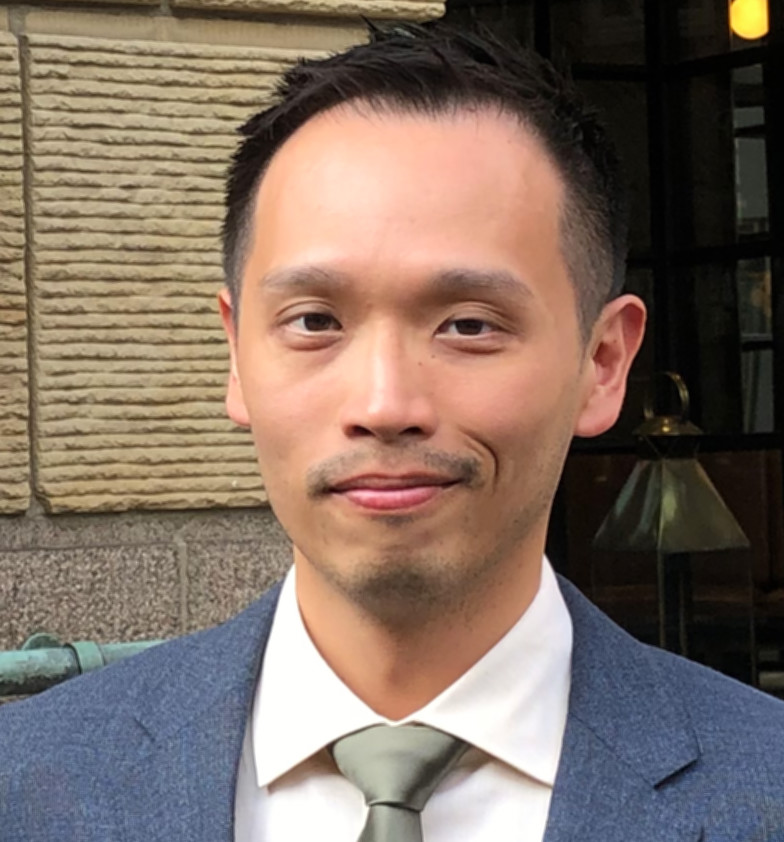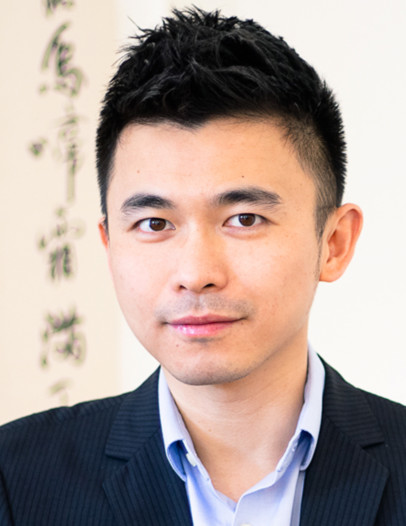


Few people are better versed in LGTBQ life in Taiwan than Howard Chiang, an associate professor of history at UC Davis. He has written extensively on the queer experience and his latest book, “Queer Taiwanese Literature: A Reader” (Cambria Press, 2021), is a collection of stories from Taiwan, where lawmakers passed the bill that legalized same-sex marriage in 2019, cementing the self-ruled island’s place as Asia’s liberal beacon.
Chiang will talk about the book, which was promoted during the recent Los Angeles Times Festival of Books, Wednesday, April 27, at 4 p.m. in the McCune Conference Room on the sixth floor of the Humanities and Social Sciences building at UC Santa Barbara. Masks are required of the unvaccinated.
UCSB’s Center for Taiwan Studies collaborated with the Taiwan Academy of the Taipei Economic and Cultural Office in Los Angeles to bring Chiang to campus.
The event — “Queer Taiwanese Literature as World Literature” — will begin with Chiang in conversation with Hangping Xu, an assistant professor in UCSB’s Department of East Asian Languages and Cultural Studies and founder of the “Sounds, Screens & States from Taiwan” series. It will then open up to questions from the audience.
“This is going to be a very interactive event,” Xu said. “As a literary scholar, I was very impressed by Chiang’s effort to render this remarkable body of literary works available to a larger readership in the world. I am excited about the event particularly because we are going to map queer literature from Taiwan onto the World Republic of Letters. In that sense, we will queer the very notion of World Literature.”
Chiang, Xu said, is an interdisciplinary scholar whose work brings together history, critical theory, and literary and cultural studies in compelling ways. It’s quite a history. After martial law ended in 1987, he said, Taiwan has made huge advancements on its path to liberal pluralism.
“The monumental LGBTQ activist movements have played an instrumental role in pushing for cultural, legal and policy-based changes,” Xu said. “Moreover, Taiwan has a truly vibrant scene of queer literature, film and popular culture. Our Center for Taiwan Studies has run this Sounds, Scrips, and Stages from Taiwan Lecture Series for the past two years in an effort to bring Taiwan culture to greater prominence on our campus.”
Indeed, Xu notes that Pai Hsien-yung, a UCSB professor emeritus whose family fled to Taiwan, wrote what is largely considered to be the first gay novel in Chinese, “Crystal Boys,” in 1983.
“Literature as a world-making activity matters because through narrative and aesthetics we can begin to imagine a more hospitable world,” Xu said. “Greater representational visibility of the LGBTQ community in literature and culture paved the way for a vibrant queer politics that we see in Taiwan today.”



